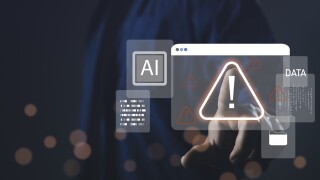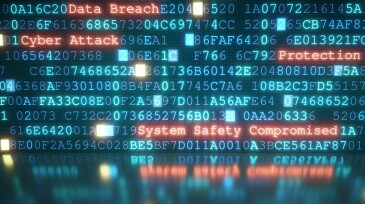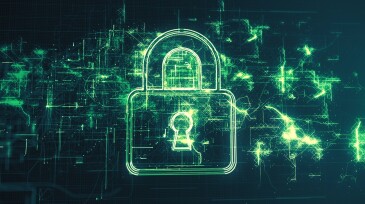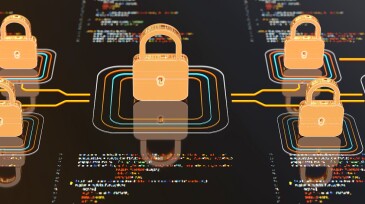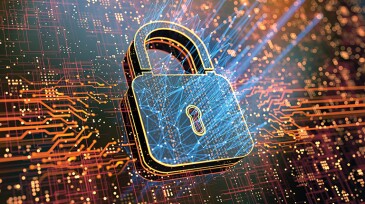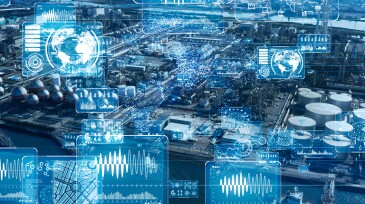Cybersecurity
This study presents a novel hybrid approach to enhance fraud detection in scanned financial documents.
AI is transforming the field of cybersecurity, offering new possibilities and challenges for both defenders and attackers, but AI also can introduce new vulnerabilities and risks and raise new ethical, legal, and social issues for cybersecurity.
The report on data from the Cybernews Business Digital Index also revealed that only 10% of top oil and gas firms passed a basic cybersecurity assessment. The rest failed.
-
As technology advances in the oil and gas sector, so does cybersecurity risk. To stay secure, companies should blend cybersecurity into their safety conversations, said expert Nicholas Andersen at the 2022 Offshore Technology Conference.
-
A recent survey sponsored by ABS Group revealed that 45% of participants estimate the threats to their control systems are high and another 15% said they were severe or critical.
-
The goal of this paper is to aid oilfield security planning and design processes through improved recognition of the cyber-physical security effects arising from the implementation of the industrial Internet of Things.
-
The authors present a review of the capabilities of fog computing and its potential in the petroleum industry.
-
This paper describes the current challenges faced by energy companies, the implications of observable industry trends, the characteristics that potential cybersecurity solutions must meet, and how artificial intelligence (AI) and machine learning (ML) can meet these requirements.
-
The advantages of merging the realms of information technology (IT) and operational technology (OT) are obvious: cost reduction, improved capabilities, and greater efficiency. These advantages, however, come with a cost because they have affected the way that industrial control systems operate and have increased the exposure of industrial control systems to cyber risk…
-
The FBI also released a security advisory and details regarding 23 attacks on oil and gas companies from December 2011 to 2013.
-
A 2020 cyberattack resulted in the theft of 1 terabyte of information from the oil giant.
-
The recent cyberattack on Colonial Pipeline’s IT system has thrust the issue of oil and gas industry cybersecurity into the spotlight, which, according to specialists in the field, is where it should always be.
-
The scale of the recent Colonial Pipeline ransomware attack demonstrates why cyber risk should be assessed as a business risk by organizations’ C-suite, going beyond the narrower view of IT/OT network risk.


